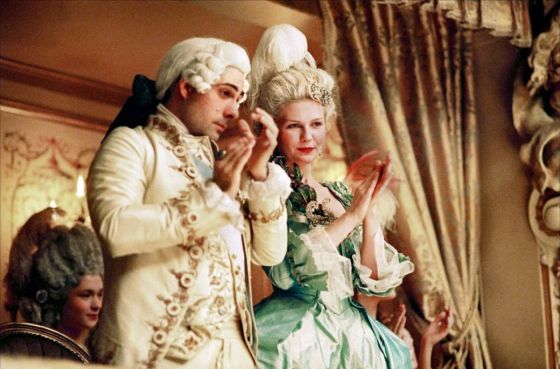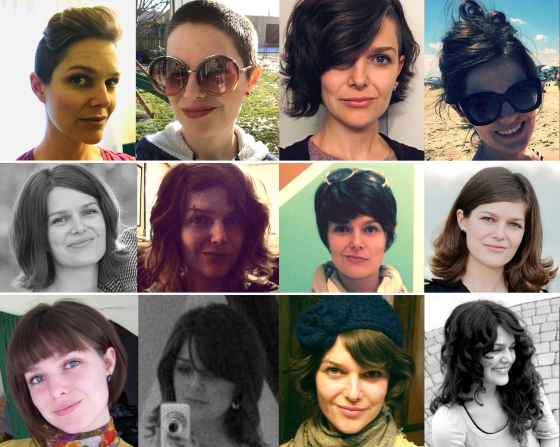A friend said she’d like to hear my thoughts on this topic, so here they are. But first, I’d like to acknowledge that there are many stages of “after kids,” and so while I have some practices that I’m doing now that my kids are ages 3 and 5 and in preschool 3 days a week, there were several years wherein I had barely enough sleep, energy, or alone-time even to take a shower let alone connect with God. As such, I’ll write a little bit about encountering God in both stages.
All babies are different, and my husband and I know from our second child that some babies pop out happy and content to cuddle and nurse, sleeping well in their own crib in their own room within a week of being home. But our first baby was a tyrant. An angry, bossy, sleepless tyrant. So for a long time, during the day if I wasn’t bouncing the kid in a backpack while doing my graphic design job or pumping because the kid wouldn’t nurse or washing out cloth diapers or taking the kid for a stroller ride to keep him from destroying the whole house…if I wasn’t doing one of those things I was trying to nap while he napped because otherwise I was sure to keel over.
In this stage, alone-time didn’t exist. Hobbies went out the window. Reading, good luck. Listening to a podcast or audio book/audio Bible, not gonna happen with Sir Screams-a-lot in tow. And like I already mentioned, personal hygiene went out the window, too. I got a shower once every 4 days, maybe, if I was willing to give up a nap. So I was getting angry. I was getting depressed. My marriage was going down the drain and so was my relationship with God.
And then my husband said this: “I never hear any thankfulness coming from you.” Well, yeah. So my counter point was to ask if he would watch our son so I could take a shower once a week without losing my nap, and during my shower, I started to pray.
I only allowed myself to pray thankfulness toward God, even if it was hard to find things to be thankful for. “Thank you for this water. Thanks for the 3 hours of sleep I got last night. Thanks that the baby weight is going away. Thanks that the fight with my husband ended well. Thanks for the sunshine today.”
And slowly thankfulness seeped back into my heart. During that first couple years, these prayers of thankfulness were the only spiritual discipline I could achieve, but God was very present in them, meeting me in the shower, in the tear-stained streams of water, wiping away my dirt and my anger for another week.
Since then, a lot has changed. We had a second child, our first started preschool, then the second started preschool, and now I try to discipline myself to get all my graphics work done while the kids are away. Where have I met God lately? Well, still in the shower. (Why not?) But lots of other places, too.
Probably the most enjoyable way I’ve seen God in this stage of parenting is by going through the Bible and trying to interpret it through the eyes of a preschooler. This project started because my 5-year-old asks a lot of questions: “Why did Jesus have to die? How is Jesus the same as God? Is God in the walls? Why can’t I hear God? After I die, can I keep looking like me?”
Yikes.
So I’ve started trying to explain Bible stories and spiritual practices in a way that might help my kids, and in so doing, I’ve started to have more of a child-like faith again. A faith that believes God is my superhero. A faith full of wonder. A faith that I never could have had to the same degree before I had kids.
So right now I am thankful and I am happy and my life is meaningful, but I know not all stages of parenting are the same. If you’re in a stage that feels impossible, I want you to know that God is still with you and is willing to meet you in any way you can think of. You might have to get really creative because the pillar disciplines of quiet time, prayer, and scripture reading might not fit in your schedule, but there’s good news: God is the Master Creative and you are made in God’s image – bad breath, dark circles, baby weight and all.

This was my son’s first picture. He looks like he’s saying, “What the heck do YOU want?” Man, were we in for it.
40.096916
-74.862404




